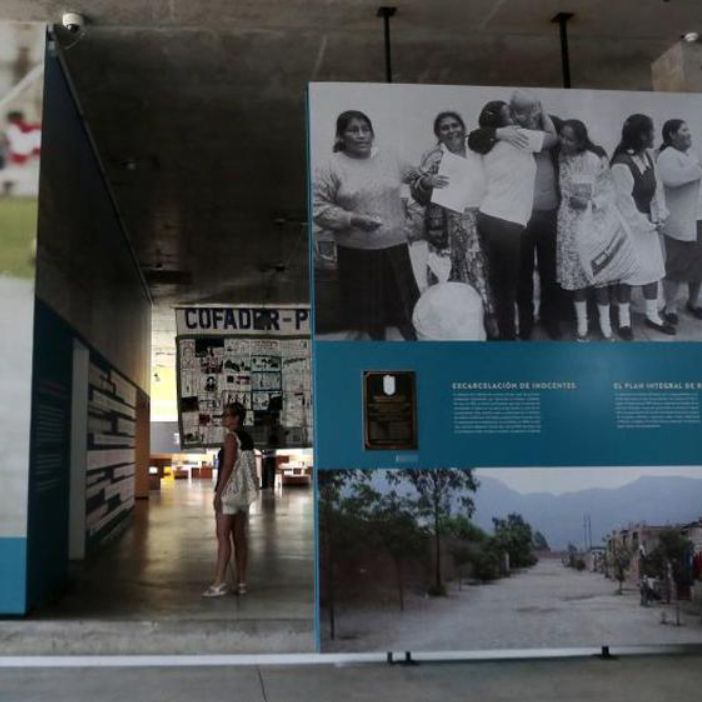LUM - the Place of Memory, Tolerance and Social Inclusion
This is a very special, indispensable space for Peruvians. It commemorates the thousands of victims of Peru’s longest and most devastating period of violence. 1980-2000. With an expert, you’ll have the honour to engage in and reflect on truthful discussions around social problems that still exist in Peruvian Society.

Telling the story of an intriguing destination brings with it the responsibility of telling it all. That means even the painful bits. Peru too has amongst other a more recent, long, complex story, one of violence and pain, from 1980 to 2000. Yes, that recent. Those 20 years were so intense, that you can still see grief and conflict when the story is narrated. It was as though they were co-existing with crimes against humanity. It all began 12 years after military dictatorship, with the terrorist group Sendero Luminoso declaring war on 17thMay, 1980. It was professor of philosophy, Abimael Guzmán, alias comrade Gonzalo who led it, declaring that he was fighting against the bourgeois institutions and that he aimed to establish a rural communist regime. But it was these very people, farmer, communal leaders and local authorities who were the majority of victims of the violence. Inaugurated in 2015, LUM is a space that commemorates the victims of this devastating period. It aims to “to be a space of recollection, reflection and analysis of who we are and of our history, particularly the exclusion, the intolerance, the weak presence of the State and even the inability of the institutions to foresee and respond to terrorism respecting the democratic channels.” Victims are seen as individuals, “every one, a place of memory.” But that’s not where it stops. During this time, more than 45 thousand people were displaced from their homes, from rural areas to urban areas, mainly Lima, many were forced to disappear too. And many others gave their lives to save others. LUM gives hope to discuss the past, investigate it and confront problems that still exist. It is a reminder that families will not stop looking for their brothers, sons, fathers, and that democracy is worth fighting for.
Read more stories from
AYNI : Reciprocity, solidarity and humanity in all.


